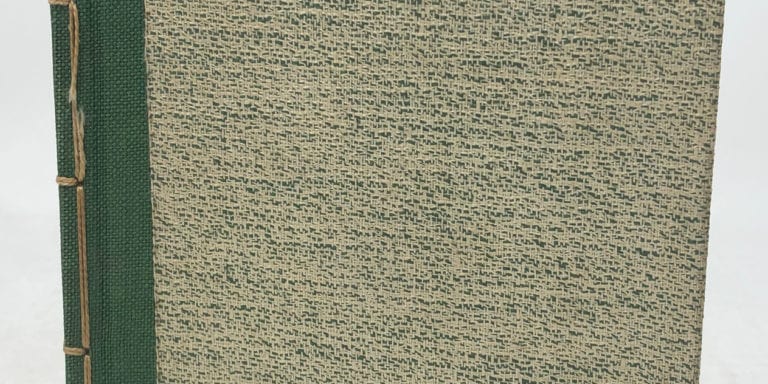
The end of August is upon us. The summer has flown by. It has been so hot and dry. Last summer it seemed to rain two out of three days. My driveway was always wet. This summer I got my gardening passion back and created a number of new beds—mostly along low rock wall terraces I had installed. My favorite garden—the Green Garden had produced a lot of seedlings of exotic shade tolerant plants like lungwort, hellebore, wild begonia, Solomon’s seal, hosta, jack in the pulpit, false arum, trillium and a few fern varieties. Other plants that do well in sun and shade also self propagated—bleeding heart, blackberry lily, Montauk daisy… It seemed a shame to waste them. They would die—choked off of light and space and root room in I left them to their own devices. So I created a dozen or so “nursery gardens” as well as some regular beds. The nursery gardens may have 10-20 small seedlings grouped fairly close together to mature and get stronger til they can get a full space all their own.
They’ve all worked out pretty well. The survival rate is high. Next spring there should 10 or 12 new green gardens starting to mature.
Karel Čapek, the Czech author, wrote in The Gardener’s Year that all gardeners are used to failure. It goes with the territory…LOL. Therefore, you must only focus on the successes. If something doesn’t work out, at least you have a vacant spot to try to plant something else. And that is what gardeners do—plant. Čapek’s is a delightful book for anyone who likes to get their hands into the earth. There is something profoundly grounding about working with the soil…grounding…LOL.
(An aside: Čapek also created the word “robot” in his 1920 sci-fi novel R.U.R.)
Why am I writing about gardens? Almost every morning the last month or so, I needed to go out and water those numerous new mini beds of young or baby plants before I could go to work. After I shower, I wrap a towel around me and go outside. It’s good to live where there are no neighbors. I can multitask—air-drying while I walk around the gardens. Some are pretty remote, too remote to drag a hose to, so I fill a big old galvanized watering can and carry it around to give the fledglings sips of water. It’s not tedious for some reason. I can multitask even further by ruminating about…stuff…as I putter around. Still, I could use a break. The phone tells me there’s rain coming in the next few days. Maybe I’ll get a break. But, then, the phone has lied to me about the weather a number of times in the last month.
[You don’t need a telephone to tell you which way the wind blows…LOL]
I haven’t gone on any trips this summer. I was warned in the spring that I would be on call for Federal jury duty all the way over in Baltimore for 4 weeks in July. Then after anticipating a dreary civic duty with pretty unhappy long drives, I’d get an email every Friday: “You don’t need to appear Monday…” A whole month of anticipating the worst only to have no “duty.” That was kind of anticlimactic after building my summer around the nearly threatening letters. There were dire consequences if I didn’t appear when summoned. “A bench warrant could be issued.” Perversely, in late July I got another letter stating I would be on call in September. It was with certain relief when another letter came a few days later essentially saying: “Never mind. It was a mistake.”
Giant Puzzle Pieces
In mid July, I wrote a complete blog: “Giant Puzzle Pieces.” Through technical problems the entire story was lost. (I pushed the wrong button and overwrote it.) That story was to be recreated immediately from notes and memory. Alas, the path to … is paved with good intentions. The gist of that story was how “July, she will fly…” July was more of a blur here than usual as 100,000s of books came flowing in, and we were constantly running out of space. But then June had been a blur as well. I was constantly being thrown into the breach to find ways to make space. This vast warehouse is not infinite. When we first moved in during 2013-2014, there were frequent comments: “You’ll never fill this place.”
I knew better. For many years, I’d often stated that “books will quickly fill any space allotted to them” and that “if I had an airplane hanger I would quickly fill that.”
Well, this ex-post office facility at ~130,000 square feet has the footprint of an airplane hanger if not the roof clearance. I think we were “full” in 2016. We finished moving out of the previous warehouse in June 2014. This building came with 21 loading docks as well. We certainly don’t need that many active docks, so about a dozen now have trailers permanently backed up to them. Those quickly filled as we bought them one at a time.
Often we are in equilibrium here. Books in and books out are in balance. Sometimes, especially in the dead of winter, we run a little bit low on fresh, raw books for sorters to triage and data entry people to try to add to online inventory. But sometimes it gets to the point where… “will we have to start putting books outside on the parking lot?”
Books and the “outdoors” do NOT go well together.
Actually, that was one of this summer’s anecdotes. We get a lot of calls asking us to come buy (or even just “please come get”) people’s books. Often the phone message is just a name and phone and quantity. We stipulate “house calls ‘POSSIBLE’ for 1000 or more books.” We added the word “possible” years ago after we started getting yelled at that our advertising implies we will come buy EVERY collection we are contacted about. The “possible” clearly (usually…) mitigates that and allows us wiggle room to get out of calls that are simply not worth the time and effort to go get.
Ok…the story… We farm out a lot of calls to scouts who go and look at collections on our behalf. Some of these are charities that get book donations and want us to remove all of them for various reasons. I returned one afternoon in July from an inspection visit to one of our brick and mortar stores. I backed one of our vans to Dock 2. I climbed onto the dock and walked inside. The dock areas were stuffed. The guys unloading the vans had gridlocked themselves—painted themselves into a corner. I wended my way past the parked pallets to get a pallet jack.
I knew some secret places I could drag these pallets. If a path wasn’t cleared to Docks 1 & 2, we wouldn’t be able to unload any more vans. Docks 1 & 2 are our only low clearance docks. I would open a path; blaze a trail so the guys could keep unloading the vans. Ernest caught my attention as I passed by him with my jack.
“You should look at the buy Nelson’s helper dropped off.”
“Why?”
“It’s pretty bad.”
“Like right now?”
“Probably.”
He led me to three pallets stacked with scruffy boxes.
“A lot of these are wet,” he continued.
“Great.”
I pulled some books from various boxes, and, indeed, some of them were soggy. More of them bore the unmistakable crinkled browned pages of books that had been wet but had dried. I contacted my friend Nelson and in a nice way I asked:
“What in the hell are these?!”
He tracked down his helper and reported back that they had come from a charity thrift store. He then contacted the woman in charge who, after some translating, told him the books HAD been wet, but she had dried them out. They had been stored outside under a tarp.
It would have been funny had we not paid $500 for the pickup. Not a single book in the lot was salvageable.
I got her number and called her planning to say we wanted our money back. I was going to be tough if I needed to be. After a few exchanges, I saw it was hopeless. She was just a naïve volunteer. She explained it was a religious thrift store to help fund missions and that they would never do anything wrong intentionally.
At first, she assured me they had been dried.
I countered I had pulled books that were dripping from her boxes.
We agreed to disagree.
Then she equivocated: “Your ad says you ‘buy all books.'”
“It says house calls are ‘possible.’ We can’t afford the labor and van costs to pick up worthless books.”
“But I understand you recycle books that you can’t sell.”
“Yes, but it is not worth going out to pick up scrap paper. These are all trash. We paid for books that were trashed.”
We went back and forth a few more times. She couldn’t understand why we were unhappy, why we couldn’t come pick up their trash and recycle it.
She was so sweet I couldn’t demand my money back.
I did tell her we would not accept any more books that had been stored outside.
I contacted Nelson again.
“Why would your guy pick up wet trash? Why didn’t he contact you or just walk away?”
Nelson checked and replied that when his assistant arrived, they had loaded the books for him very quickly.
Hmmmm…
“Clif, go ahead and put these three pallets on the recycle trailer.”
“All of them?”
We had wasted 500 bucks on these. I wasn’t going to waste more money by spending people’s time here messing with them.
And at least that created three empty spaces on the dock area…LOL.
I resumed my earlier goal to clear a path to Docks 1 & 2. I got the pallet jack and began moving pallets of books.
Spending a lot of time dragging pallets around the warehouse had already been an almost daily summer motif for me here.
What’s the backstory on the continued acceptance of all these books when we really don’t need them?
In some ways, I just can’t say no to decent books. What would happen to them if I turned them away?
But maybe there’s a back-backstory…
Maybe I am an undiagnosed megahoarder. If so, there’s a bit of deflected pathology to this.
I make my life so complex by constantly bringing in so many new pieces to this book warehouse.
Maybe I keep making it all so complex as a defense to keep any possible boredom away.
Maybe I do it subconsciously to keep worse things at bay. Maybe I “need” to keep things a contact “panic” level.
Well, ok, if I am a megahoarder then…ahem…I am “professional” megahoarder. I hoard for profit (and fun.)
I wonder though…if I wasn’t able to channel this need to rescue books, if I hadn’t evolved this crazy mania to its current level, would I would be living in a house with books in the sink, the freezer, the bathtub…like some of the true hoarders I’ve visited over the years?
I do have a talent that would be useless in the real world. I’m good at giant puzzles. The warehouse is a like a 3-acre puzzle board. Its boarders are this building’s walls and the dozen or so trailers protruding from the docks like appendages. The puzzle pieces here are mostly 48×40″ wooden and plastic pallets. They are the most efficient way to move large quantities of books around.
Most of our pallets are loaded with boxed books.
If you put loose books on, they’ll need to shrink-wrapped like this or they’ll tumble off when you move the pallet:
But the best way to put loose books on a pallet is if they are in Gaylords.
You can double your capacity by stacking Gaylords. Like this.
You can’t go higher than two though. It’s not safe. And you need a forklift to lift one on top of the other and to unstack them as well. A Gaylord filled with heavy books could weigh well over 1000 pounds.
So, I spent a lot of this summer scrambling to fit these puzzle pieces in whenever we would get large quantities in, whenever the “squeeze” was upon us.
It’s fun and good physical labor. And it is a bit of sport—a strategy game—a very large puzzle.
Last week, for example, we got two truckloads of remainders on the same day due to a scheduling glitch. One truckload—a full trailer, depending on its length, can have space for 22 pallets. 2 rows of eleven. Double stacked that is 44 pallets. Maybe 40,000 books per trailer. So began a few hours of an intense fire drill, a scramble to find nooks and crannies to roll these behemoth piles of books into. Somehow, we got it done. There was a sense of satisfaction until I looked at the clock—I hadn’t gotten anything else done.
This summer we’ve gotten about 10 truckloads of “new” books that would have been destroyed otherwise.
I can’t say no.
The three stores have been buying books from the public at peak levels all summer as well. We have to swap vans more often than ever before. Of course, that requires emptied vans. Our 7 vans are of several different models and sizes. But a full van can generate 4 or 5 pallets when emptied and stacked. Our 24-foot box truck gets filled every weekend at the Frederick store; that’s 12-15 pallets. Some weeks Nelson and his assistants will deliver numerous big UHaul vans and even truckloads of books from various sources. (UHaul has made a great deal of money off of us.)
We are often surprised by people bringing in pickups or vans or even truckloads of books to our docks with no warning.
So, it has also been a summer of scrambling to unload vehicles.
One solution to get space is to process things faster. In July, I put on my “CEO hat” and put my foot down and insisted that the 6 sorting stations be manned full time. If we needed to pull people from other duties to do this, “make it happen.”
Sorters triage all the raw books that come in. They “feed” the 30 or so data entry stations. Sorting stations are a bottleneck through which every book that comes in must pass. A fast sorter can kill off 4 or 5 pallets of books a day.
I can also kill off problematic pallets personally. There are still some of the Gach hoard pallets out in the warehouse. Also, if we get a special collection from a VIP or a collection that is known to contain a large portion of problematic material—well, a lot of that stuff is going to be distilled to me anyway, so I might as well skip the middle men and women and do it myself.
The remaining Gach pallets are very dusty now. Most of the books are them are extreme biblio-exertions to work through. They are full of foreign editions and obscure pamphlets, offprints, crumbly bindings, journals…tough stuff which can be very cool but is also mind numbingly complicated to triage. Much of it is very hard to catalog and very hard to sell. It takes a good amount of time for an experienced data entry specialist to catalog a group of 19th century “Alienist” journals. I have to build the labor into the selling price. I don’t see much of that stuff flying off the shelves. But I’m glad we #BookRescued them. I don’t think any other company could have taken that vast hoard and spent the months, now years, packing, moving, sorting… A lot of the material was unsellable for content. That’s where decorative uses enter the picture. AKA BooksByTheFoot.com.
Here’s an image of Gach material that was Gaylorded. Just looking at it makes me groan.
So, every pallet I can personally clear creates a space. Space is at a premium. Every space counts. In some ways, every pallet footprint is a “parking” space. Pallets are parked there until they can be moved.
Early in the summer, a charity broker and I got creative. We have dealt with him for years. Mostly it has been us buying truckloads of DVDs CDs, kids books, old books, shiny books (like Easton Press and Franklin Library) from him. He gets these from mega-charities that can’t handle the volume they get in.
But sometimes it goes the other way. He’s been buying Gaylords of culled LPs from us for the past year or so. He doesn’t pay much, but he will take 10 at a time (that’s a box truckload) and any money we get is better than sending them out to be recycled for nothing. He has a guy in Asia he ships them to. What that person in Asia does with old LPs like Ray Conniff and Mantovani, who knows. But I’m glad he can use them.
In June, when I told him we had a load of LPs for him, he asked if we had any kids book Gaylords.
Boy, do we! We’d had a Korean buyer who would take 20 at a time (a container load), but he stopped buying for some reason. There was a guy down south who was buying a lot of kids Gaylords, but he got wacky. He accused me of trying to steal his business. As if I’d have the time or interest to make little bundles of kids books one at a time. So, our kids Gaylords had been stockpiling with no relief in sight.
We worked out a deal on LP Gaylords, Kids Gaylords and Media (CD and DVD) Gaylords. One stipulation was he would only take a full a truckload—44 pallets. So, perversely we had to push to make MORE “scrap” Gaylords to get to 44 at which point they would all go away in one fell swoop. Sometime in mid June we were ready. I emailed my friend. I could barely contain my excitement! 22 pallet spaces freed in a couple of hours!
He replied—”My guy overseas isn’t ready yet.”
Groan.
Then on Monday, July 1 an email came from him:
“We are sending the truck today.”
Relief!
He was finally picking up the 44 double-stacked Gaylords. A full tractor-trailer load. 12 were full of LP culls and duplicates. 30 were kids books. 10 were Media culls. From here they would somehow make their way across the Pacific Ocean.
I was so happy to see them go.
But soon that breathing space filled up like a kid’s hole dug into sand on the beach. We were back to looking for “parking spaces.”
Of course, we immediately began building another truckload for Asia. A couple weeks ago in early August, we completed it! I contacted my friend.
“We’ve got a truckload for you!”
I was gleeful!
He checked, and the guy he sold the last truckload to hadn’t been paid yet.
“Might take a week or so to get this sorted out.”
Groan.
It is August 22nd, and as I am writing this, a full truckload of records and kids books and DVDs and CDs are still sitting on our docks.
But something has changed in Wonderland. There are spaces out there in the hinterlands. Not a lot. But we are not “squeezed” either.
What happened?
Well, we had all those sorting stations filled most of the summer. And perhaps the incoming has slowed a tiny bit.
Whatever happened, the constant panic has subsided.
That is a great feeling. But when you’ve been in high gear constantly and suddenly your services are no longer required…there’s a sort of let down.
I found myself standing in the middle of the warehouse wondering:
“What should I do now?”
“Oh, there are some carts with my name on them. I’ll go work on them.”
Groan…these are from the hoard of Judaica and foreign language I wrote about 2 weeks ago:
Like this for example. A small hoard of Hebrew, Judaica, German and facsimiles of ancient books. Five pallets of boxes rescued by an auction company from a doctor who was a hoarder on Long Island. I’m sure they auctioned off the best stuff. What they sent me, what I bought was their problems. There are early books in German by Hesse Mann Brecht Buber…There are some leather and a number of stunning vellum binding. Some are beautiful. Some are first editions. I can get by in German even the old “schrift” typography. But Hebrew and Yiddish are indecipherable to me.
So often going through books here is “fun.” These looked like work. And they were. But there is so often a silver lining—some surprise—in the work here. Sure enough, this little unobtrusive oddly bound book jumped into my hand.
One of a Kind
I flipped it open.
“Oh, a German kids book. ‘Ein Märchen der Brüder Grimm’—a Grimms’ Fairy Tale. How cute.”
When I get in the “zone”, I can go through hundreds of books an hour. Sometimes I can’t “stop to smell the roses.” I put this aside to look at later, so I could keep plowing through the bulk. When I had a bit of a pause, I picked it up again.
No author (other than the Grimms.)
No date.
No illustrator.
No publisher.
I looked more closely at the title page. The title was done in green ink but it wasn’t opaque.
Der Froschkönig oder der eiserne Heinrich
The Frog Prince; or, Iron Henry.
The title looked like it had been applied using a calligraphic brush?!
I flipped through the book. Could this be 28 pages of perfect, errorless calligraphy? Were the 10 illustrations original pen and ink and watercolor?
Was this book “one of a kind”?
I sent some pictures to colleagues, and they felt my surmise was correct.
The only flaw the book had was in the ink inscription on front free endpaper.
“vor Lotte zum Geburtstag 1930”
For Lotte on your birthday 1930.
The tail of the “g” in Geburtstag and the “9” in 1930 were a bit smeared. Could the artist who wrote out 28 perfect pages of calligraphic letters have made a mess of her (most likely a her) inscription?
The story itself begins within a tall green inked illuminated “capital.” A capital “I.”
“In den alten Zeiten, wo das Wünschen noch geholfen hat, lebte ein König, dessen Töchter waren alle schön; aber die jüngste war so schön, daß die Sonne selber, die doch so vieles gesehen hat, …”
In the old days, when wishes still helped, a king lived, whose daughters were all beautiful; but the youngest was so beautiful that the sun itself, which has seen so much, …
Of course, there is no way I am going to sell this.
Of course, then again, there is no way I could very easily sell this.
LOL…
It is mine…for a while.
My precious.
I have some other one of a kind books.
This one I purchased from a friend in Brooklyn last year. It is the illustrated sketchbook from a young woman’s travels in Ormond Valley, Switzerland circa 1860.
And then this one just dropped in from the “slush pile” a couple months ago.
We rescued this from oblivion.
And The Frog Prince too!
#BookRescue
It’s a book life of big and little things here. It is a great way to spend time—for me anyway.
What will be the next crisis?
What will be the next treasure?
How does this story end?
Looks a bit sad right now…oh, well. There are always more books… More stories.
Maybe there will be a happy ending, after all.



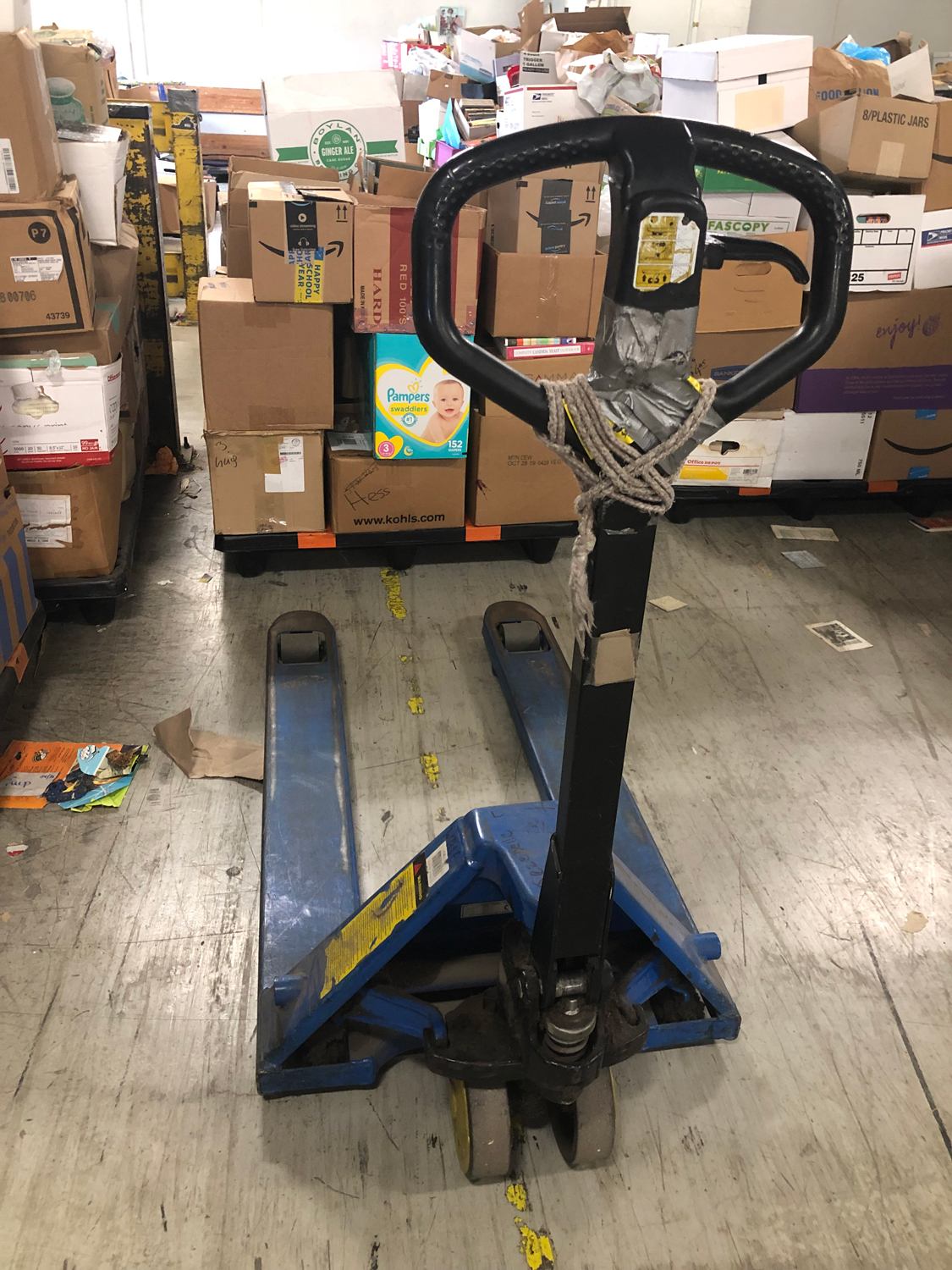

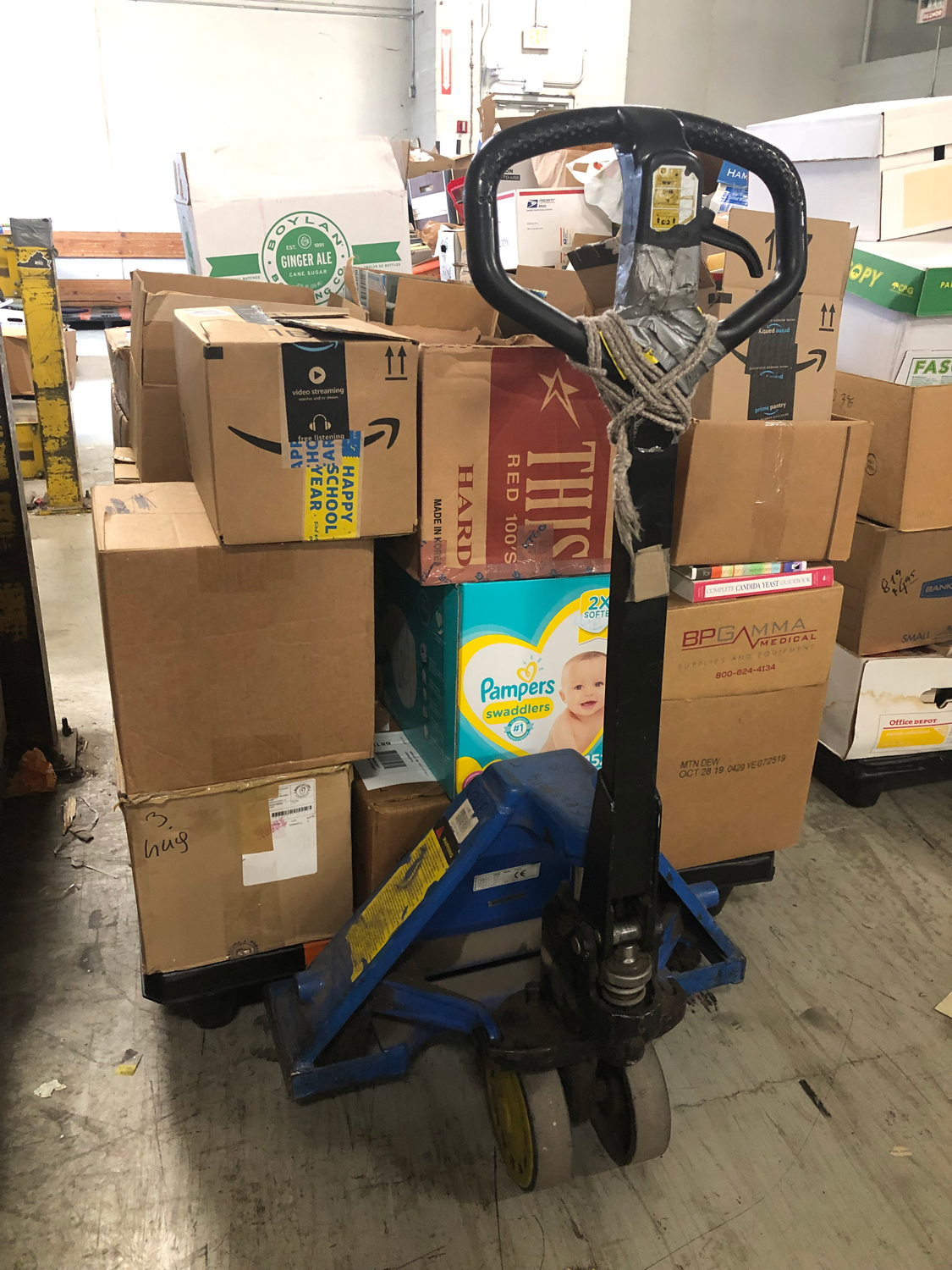
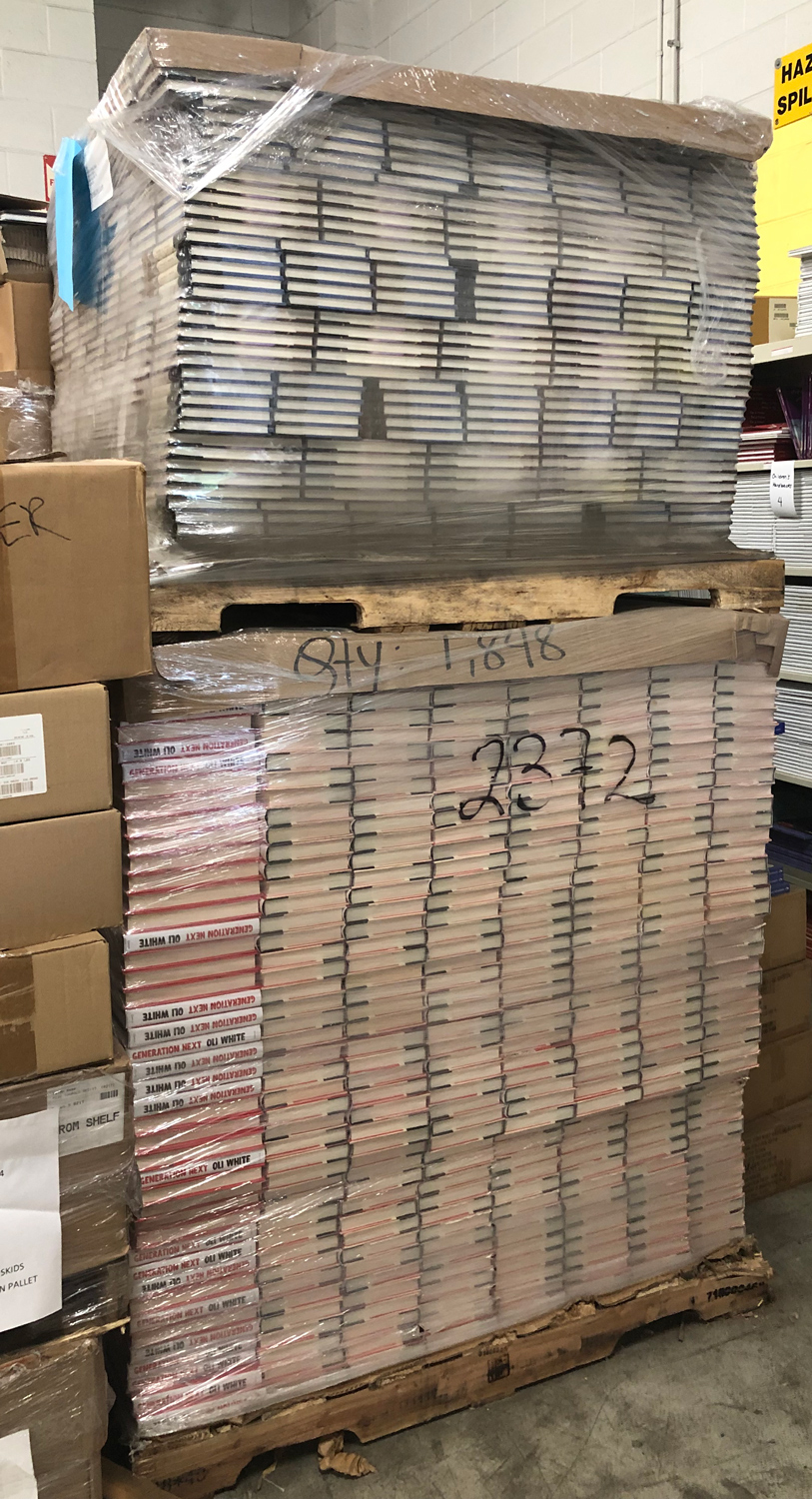
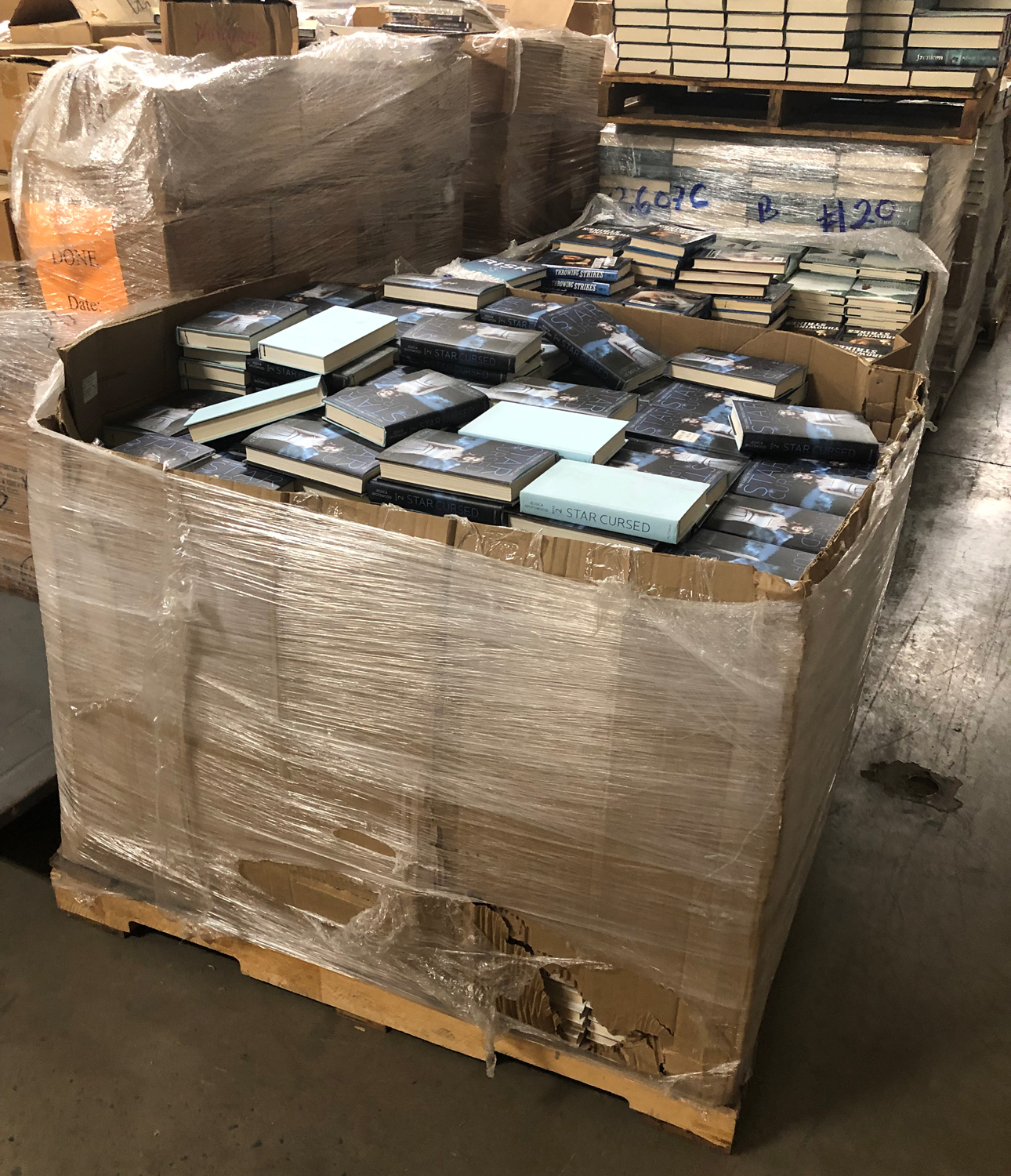
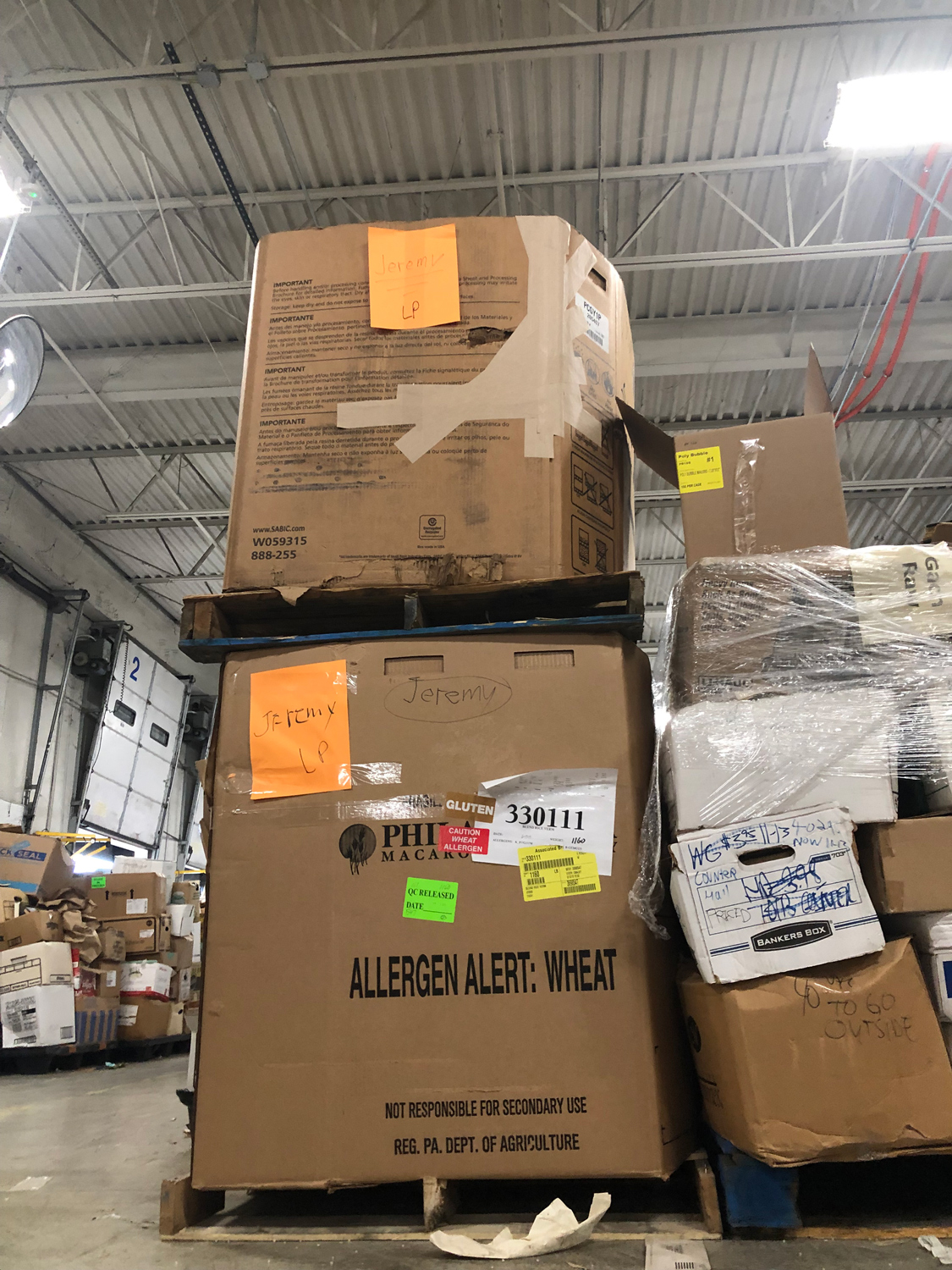
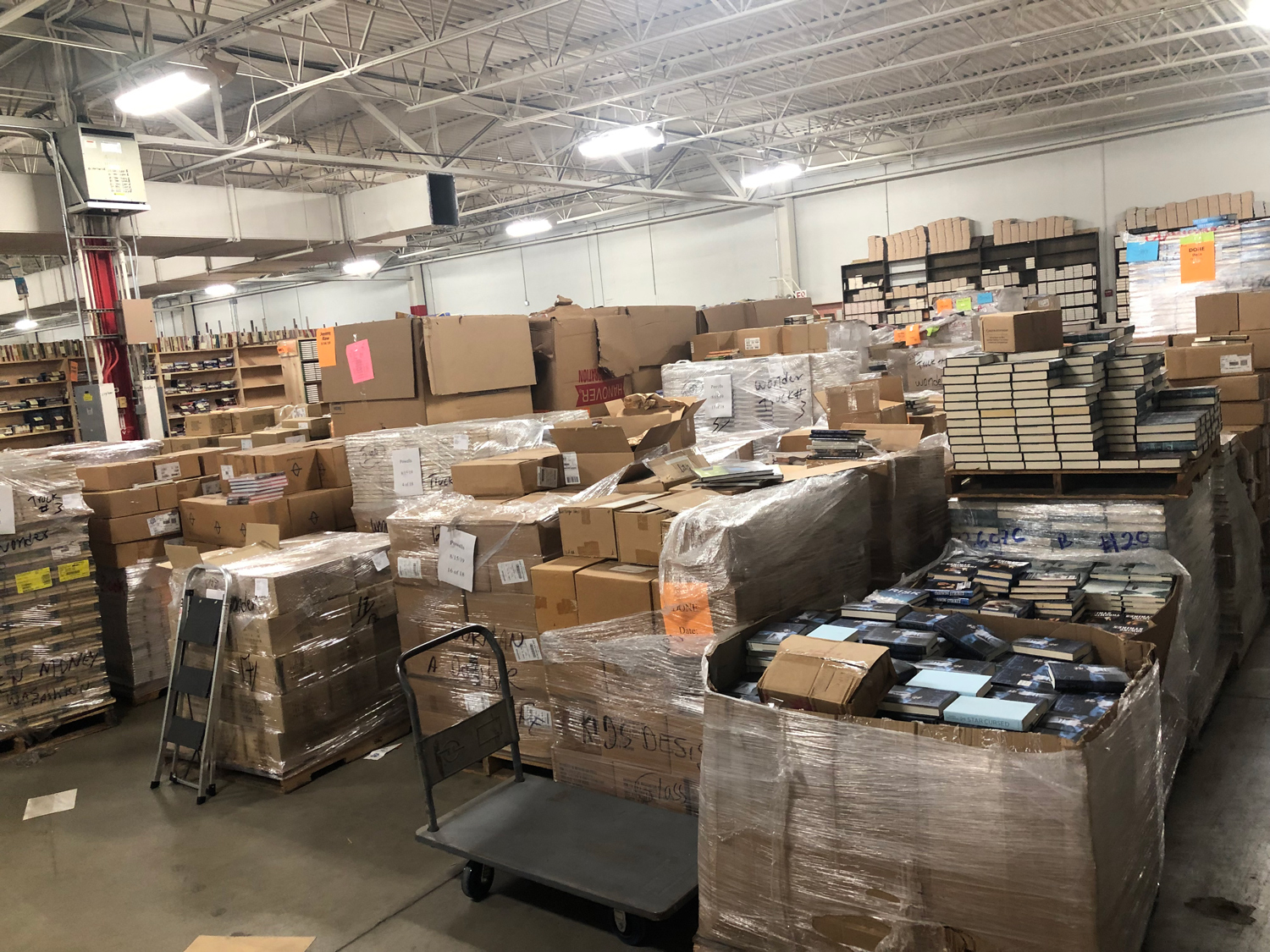
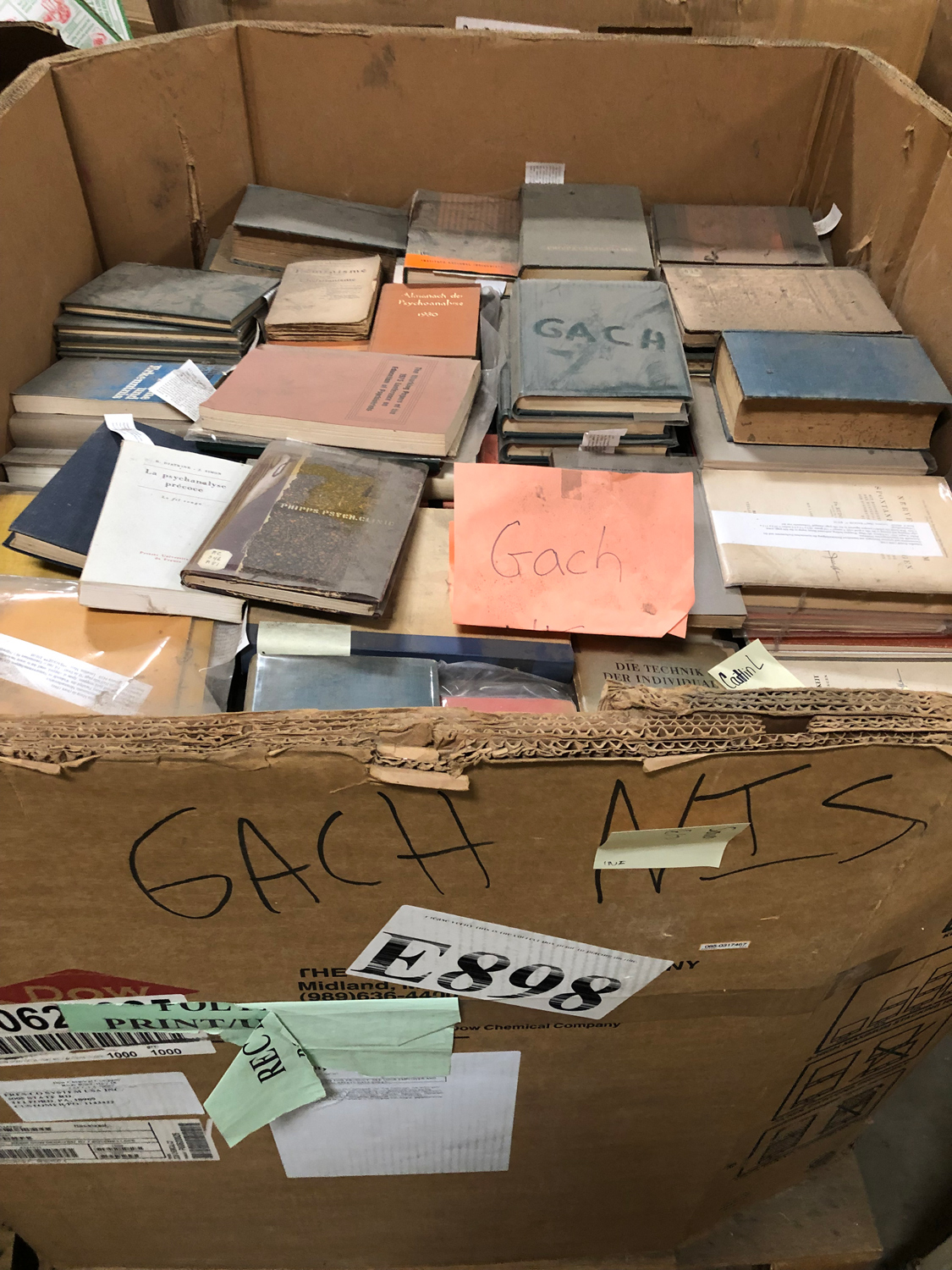
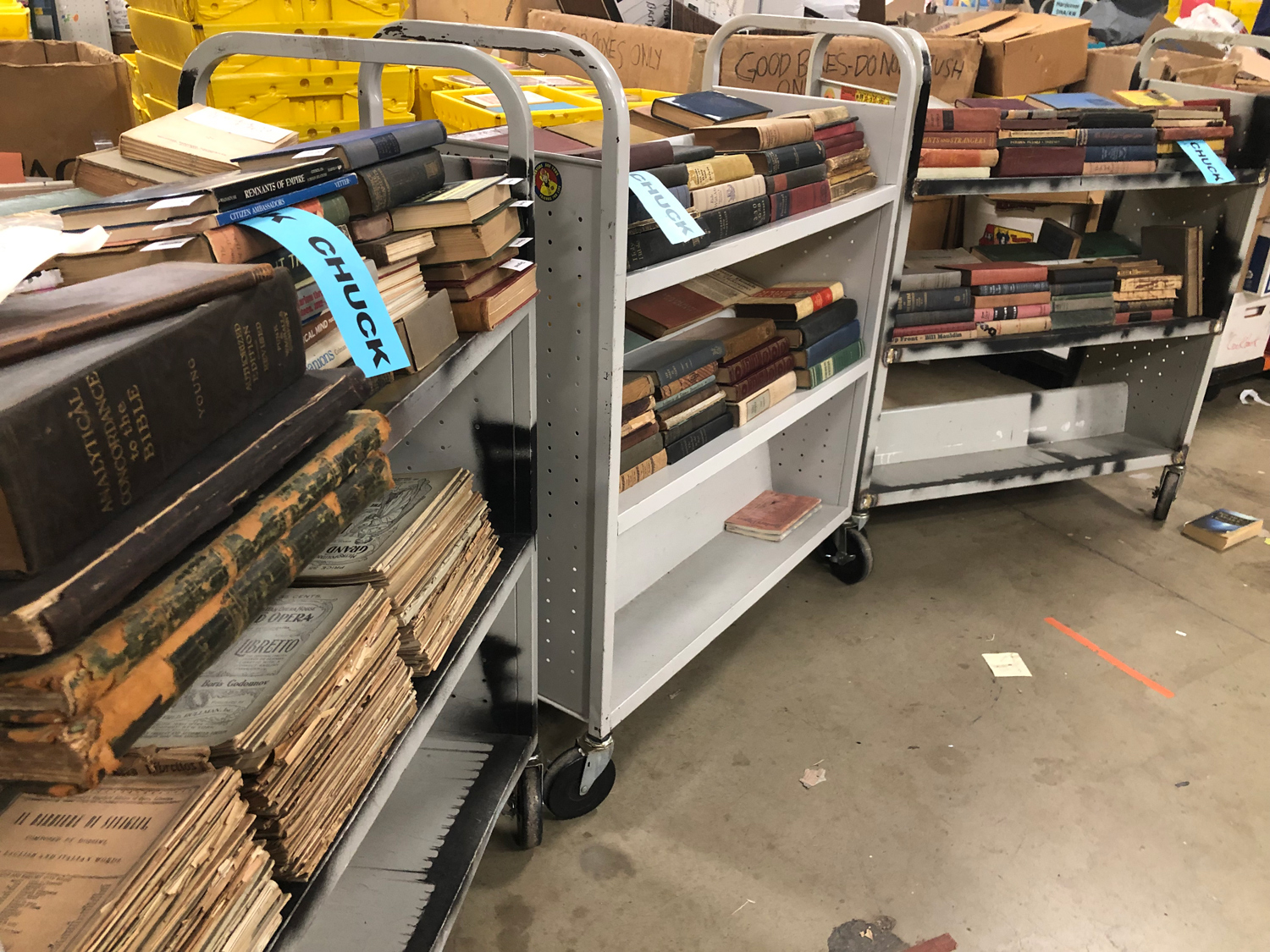
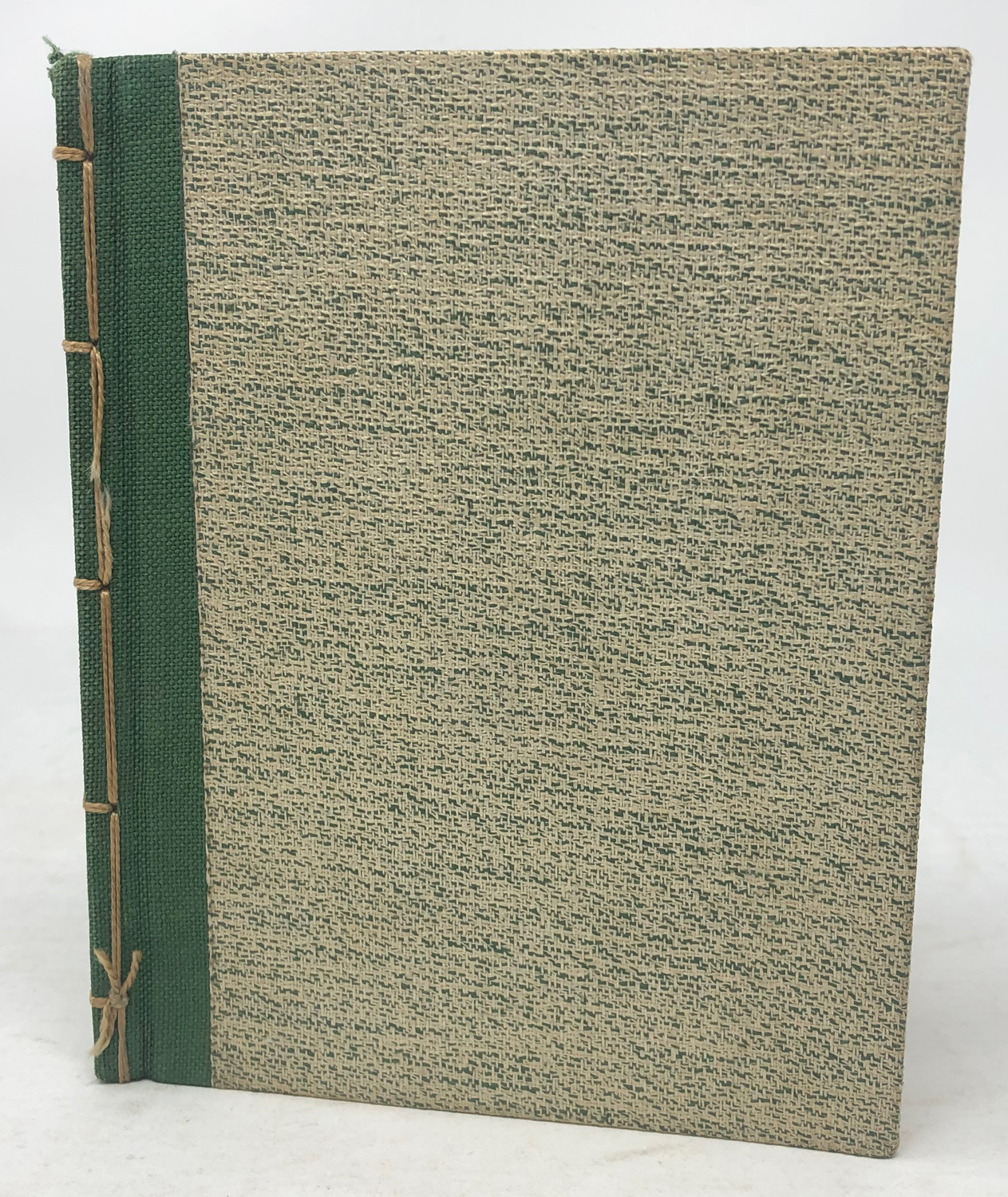


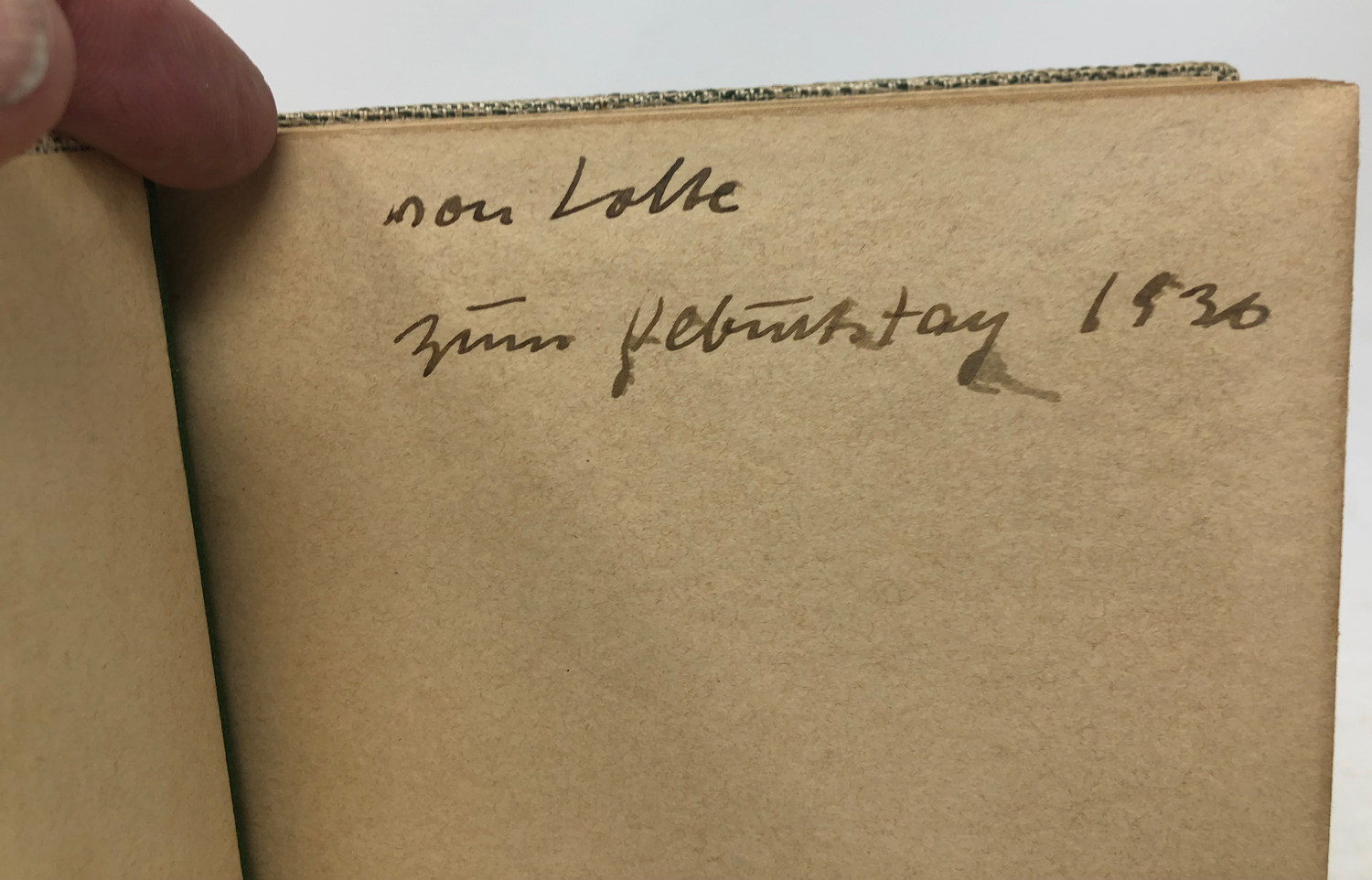
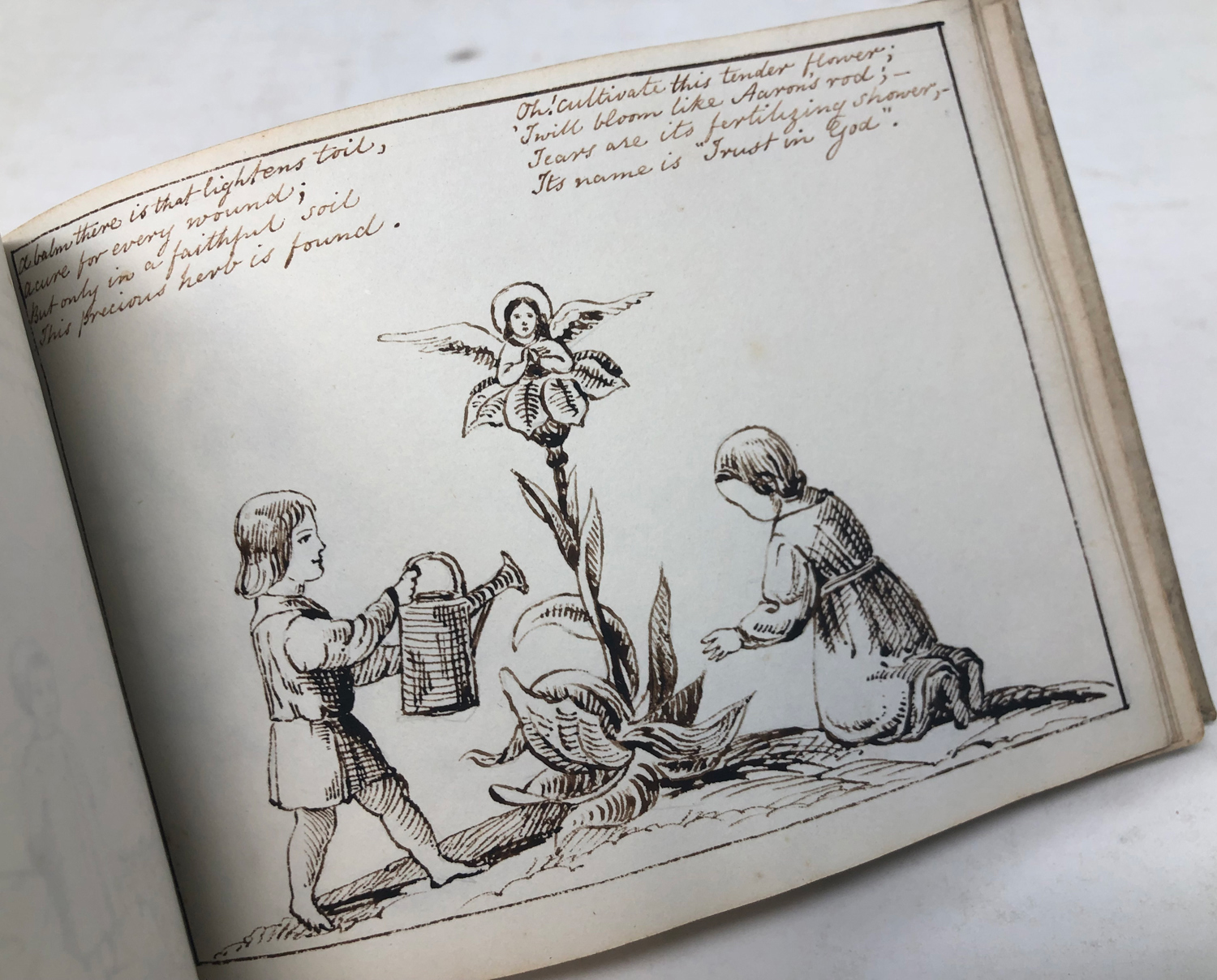

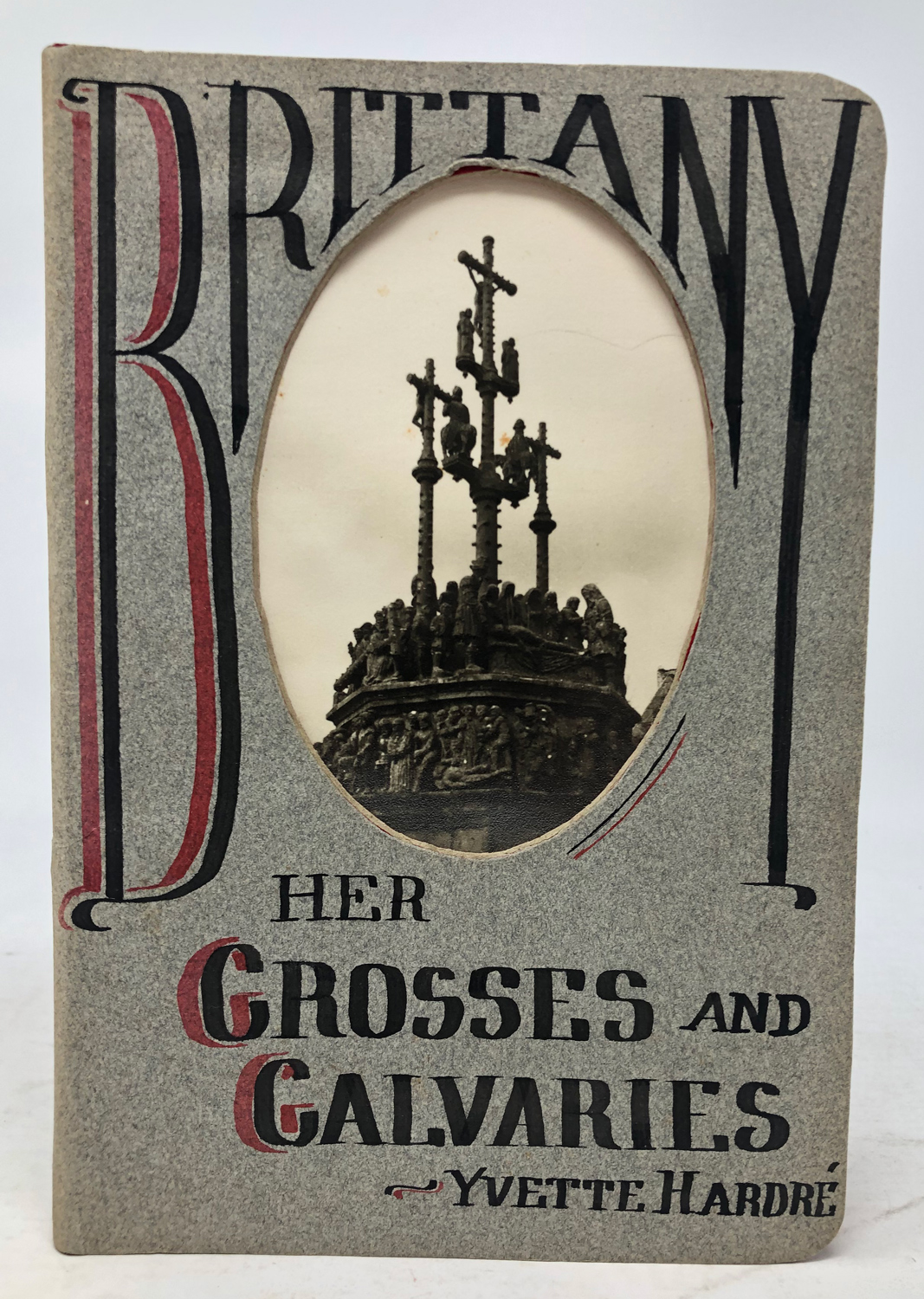
“Of course, there is no way I am going to sell this.
Of course, then again, there is no way I could very easily sell this.”
Chuck, you’ve just described about a thousand books in my library.
Booksellers (and former booksellers) are truly insane, but then most of us wouldn’t trade our work for any other profession.
(Well, maybe Aaron Judge’s. But you get the point.)
That’s the truth! So many beautiful problems though.
Thanks for reading and commenting Andy!
Best
Chuck